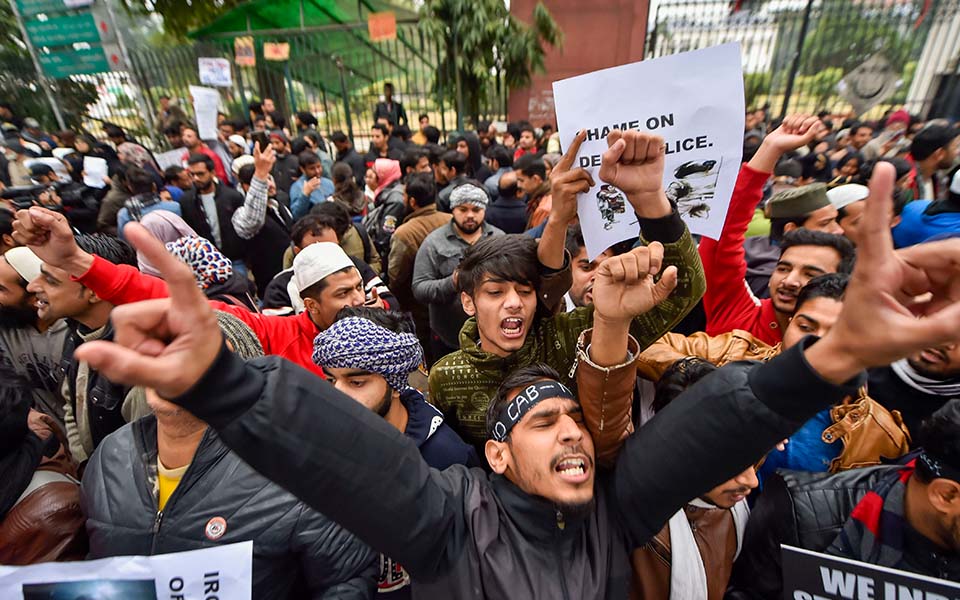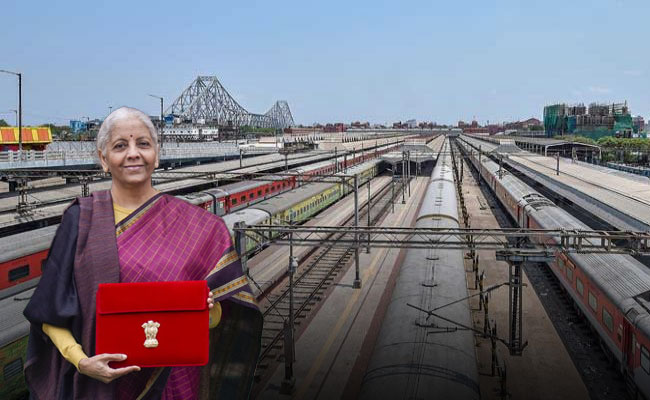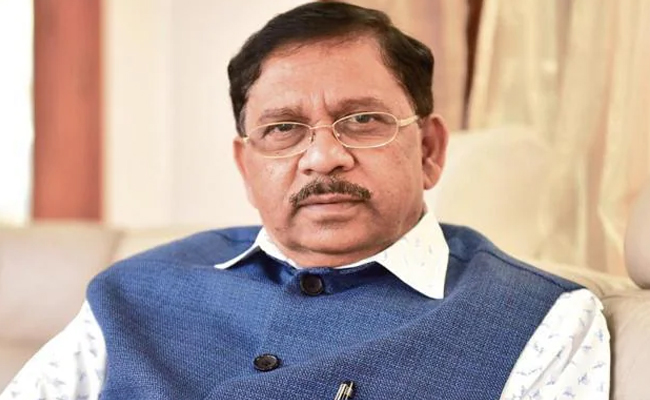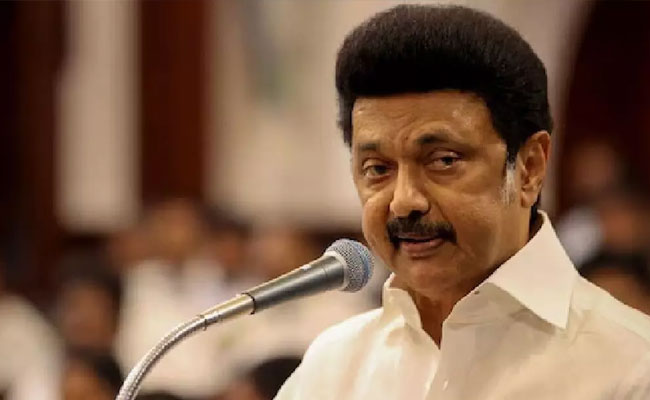Dubai: Pakistani minorities have strongly condemned the new Citizenship Amendment Act (CAA), which discriminates against Muslims.
They have also rejected India’s offer to grant them citizenship under the new law. They said they are not interested in taking refuge in India and rejected Indian Prime Minister Narendra Modi’s ‘humanitarian’ gesture.
Speaking to Gulf News, Dileep Kumar, a Dubai-based Pakistani Hindu, said: “The law from India is totally against [the] spiritual norms of humanity and Sanatana dharma.” Sanatana dharma is a term used in Hinduism to denote the set of duties or religiously ordained practices incumbent upon all Hindus, regardless of class, caste or sect.
“As humans, we cannot discriminate, irrespective of any religious followings. We do not want [the] Muslims of India to face terror. We condemn the law as religious persecution is unacceptable to [the] Hindus of Pakistan,” Kumar added.
Reverend Johan Qadir, a Sharjah-based Pakistani Christian community leader, said that the Pakistani Christian community also rejected the new Citizenship Amendment Bill. “We, the Christians of Pakistan, are not at all interested [in taking] refuge in India. I must say that the Modi’s citizenship bill does not favour the minorities at all as it is discriminatory and against basic human rights.”
What is the issue?
Citing the harassment of minorities in Pakistan, Bangladesh and Afghanistan, the Indian parliament recently amended its citizenship law, offering citizenship rights to Hindu, Buddhist, Christian, Parsi and Jain communities migrating from these countries.
Citizenship Amendment Act is a newly-passed law that applies to Hindus, Christians and other religious minorities who are in India illegally from Muslim-majority Bangladesh, Pakistan and Afghanistan. They can apply for citizenship under a religious persecution clause.
The law, however, does not include Muslim refugees or migrants — it's a move that critics are calling a clear indication of the changing politics in secular India. India has a Hindu population but is also home to 200 million Muslims and other minorities.
This amendment of the Citizenship Act 1955, which requires the applicant (regardless of religion or country of origin) to have resided in India for 11 of the past 14 years, relaxes this requirement from 11 years to six years, but only for Hindus, Sikhs, Buddhists, Jains, Parsis and Christians from the three nations.
“Pakistan’s Hindu community unanimously rejects this bill, which is tantamount to dividing India on communal lines,” Raja Asar Manglani, patron of the Pakistan Hindu Council, earlier told Anadolu Agency.
“This is a unanimous message from Pakistan’s entire Hindu community to Indian Prime Minister [Narendra] Modi. A true Hindu will never support this legislation,” he said. He added that the law has violated India’s own constitution.
Senator Anwar Lal Dean, a Christian member of the Pakistani parliament’s upper house, also said the law is meant to pitch religious communities against each other, reported the Express Tribune.
“This is a clear violation of fundamental human rights. We categorically reject it,” said Dean, a leader of the opposition Pakistan People’s Party.
“Through such unjust and uncalled steps, the Modi government wants to pitch religious communities against each other,” he said.
Pakistan’s tiny Sikh community has also denounced the controversial law. “Not only Pakistani Sikhs but the entire Sikh community in the world, including those in India, also condemn this move,” said Gopal Singh, leader of the Baba Guru Nanak in Pakistan.
“The Sikh community is a minority both in India and Pakistan. Being a member of a minority, I can feel the pain and the fears of the Muslim minority [in India]. This is simply persecution,” he said. Singh urged Modi not to push minorities' “backs to the wall.”
Hindu population in Pakistan
Though there are no exact official numbers available, the Pakistan Hindu Council says that there are more than 8 million Hindus currently living Pakistan.
They constitute about 4 per cent of the population of 220 million. They live primarily in the urban areas of the province of Sindh in the lower Indus valley and more than half are concentrated in the south-east district of Tharparkar which borders India.
For the most part, Hindus in Pakistan are well educated and active in commerce, trade and the civil service.
According to the Council, approximately 94 per cent of Hindus are living in Sindh Province, and more than 4 per cent are living in Punjab Province of Pakistan, whereas a small portion of this population is settled in Balochistan and Khyber-Pakhtunkhwa Provinces.
Courtesy: gulfnews.com
Let the Truth be known. If you read VB and like VB, please be a VB Supporter and Help us deliver the Truth to one and all.
New Delhi (PTI): Finance Minister Nirmala Sitharaman on Sunday allocated Rs 2,77,830 crore to the Ministry of Railways for capital expenditure in the financial year 2026–27.
The Budget allocation includes the construction of new lines and the purchase of locomotives, wagons, and coaches, among other works.
The ministry had received Rs 2,52,000 crore in FY 2025–26. The current allocation for the upcoming financial year is 10.25 per cent higher, making it the highest ever. Besides, the ministry will get Rs 15,000 crore from Extra Budgetary Resources, the document showed.
According to the Budget document, the railways’ total earnings are projected at Rs 3,85,733.33 crore, while expenditure is estimated at Rs 3,82,186.01 crore, resulting in a surplus of Rs 3,547.32 crore at the end of the financial year.
"Since the railways' earnings are too meagre to fund asset creation and support new works, it receives funds from the government. Accordingly, the ministry has been allocated Rs 2,77,830 crore to undertake activities such as laying new lines, converting narrow gauge to broad gauge, and constructing double lines on single-line routes," a railway official said.
The Budget document has earmarked funds from the Rs 2,77,830 crore allocation for various construction and asset creation projects. These include Rs 36,721.55 crore for new lines, Rs 4,600 crore for gauge conversion, Rs 37,750 crore for doubling, Rs 52,108.73 crore for rolling stock (locomotives, wagons, etc.), and Rs 7,500 crore for signalling and telecom, among others.
The allocation under the signalling and telecom head is significant as the automatic train protection system, Kavach, falls under this department. The ministry has laid strong emphasis on expanding Kavach coverage across the rail network.
The document also presents the actual earnings and expenditure of the railways in 2024–25. During the year, railways earned Rs 3,35,757.09 crore and spent Rs 3,32,440.64 crore, recording a surplus of Rs 3,316.45 crore. The budgetary allocation for the year stood at Rs 2,51,946.56 crore.
"As far as FY 2025–26 is concerned, the actual figures for earnings and expenditure will be available only after the financial year ends,” an official said, adding that largely earnings and expenses are on expected lines with minor changes.
Out of the total expenditures of the railways, the biggest share goes on paying pensions to its employees.
According to Budget documents, expenditure on pensions was Rs 58844.07 crore in 2024-25, which is expected to rise to Rs 74500 crore in 2026-27.





